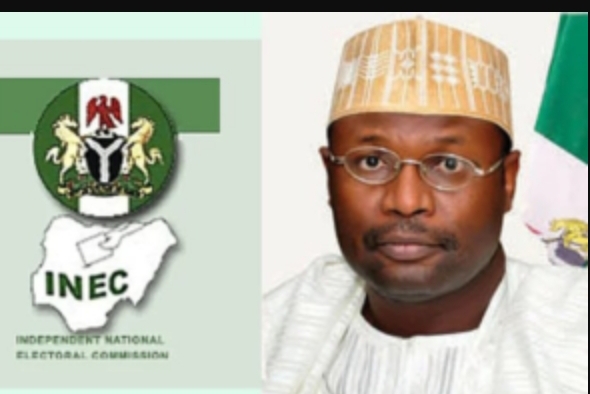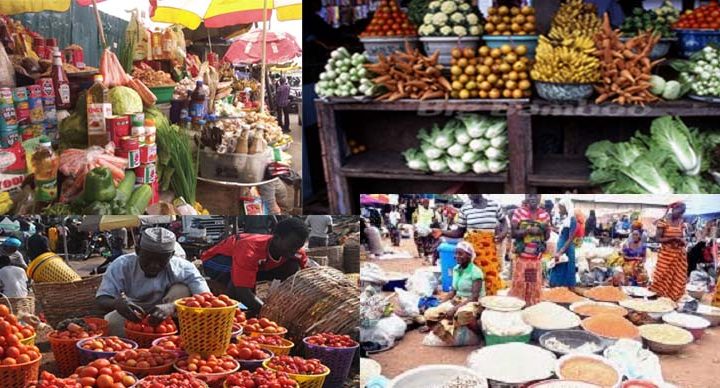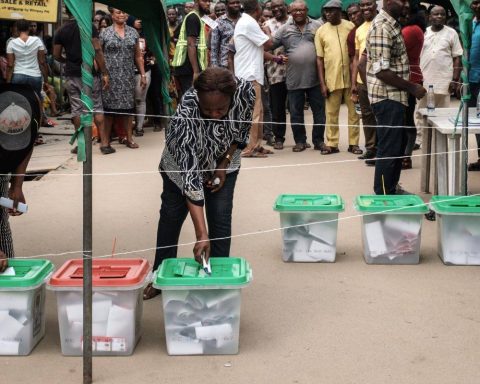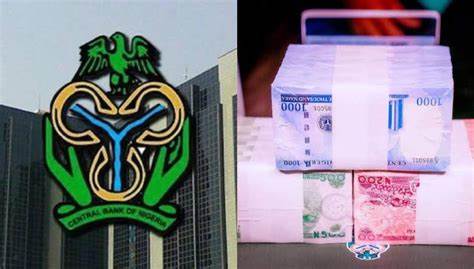The Independent National Electoral Commission (INEC) has cautioned the Coalition of United Political Parties (CUPP) over allegations of having fake records in the national voter register.
CUPP, a body for all political parties in Nigeria, had in a world press conference it addressed on Wednesday, September 14, 2022 in Abuja, alleged that INEC’s national voter register is filled with names that are not Nigerians and with details like age and gender that doesn’t match what the photographs are showing.
It further alleged that the INEC Chairman, Prof. Mahmood Yakubu has been under pressure to compromise its stand on compulsory use of Biomodal Voter Accreditation System (BIVAS) for the 2023 elections or get removed from office. It added that there is also a move to suspend the BIVAS through a secret court order all in a bid give way for rigging.
The CUPP’s allegations came after INEC hinted some days ago that it found more than 1.1 million voter records to be invalid, and consequently delisted them.
INEC, however, in a statement made available to Prime Business Africa on Thursday, September 15, 2022, signed by Festus Okoye, the National Electoral Commissioner and Chairman, Information and Voter Education Committee, noted that while it encourages and respects the rights of citizens to demand accountability, it was also important to exercise caution to avoid “unwittingly” raising doubts and eroding public trust and confidence in the electoral process.
Part of the statement read, “The attention of the Commission has been drawn to a report of a press conference addressed by the Coalition of United Political Parties on the Register of Voters for the 2023 general election.
“The Commission recognizes and respects the right of citizens, either as individuals and groups, to demand an explanation from public agencies, including INEC, and to hold them accountable.
“However, it is always important that caution is exercised so that such interventions do not unwittingly sow doubts in the public mind, thereby diminishing public confidence and trust in the electoral process.”
The commission recalled that on 31st July 2022, it suspended the Continuous Voter Registration to begin supplemental activities that will lead to the integration of new registrants into the final voter register for the 2023 General Election.
“It is important to reiterate that no new registrant has yet been added to the Register of Voters for the 2023 General Election or will be included until these supplemental activities have been completed in line with the law.
“For the avoidance of doubt, we restate the main components of these activities. First, the Commission is conducting a comprehensive Automated Biometric Identification System (ABIS) cleanup of the registration data by scrutinising every record.
“Based on the Electoral Act 2022, any record that does not meet all the criteria for inclusion as stipulated in Section 10, including the appearance in person by the registrant at the registration venue with proof of identity, age and nationality and our business rules requirements of an adequate number of fingerprints and clear pictures will be invalidated.
“Further, in line with Section 19(1) of the Electoral Act 2022, after the ABIS and clean up, the Commission shall appoint a period of seven days during which the register will be published for scrutiny by the public for objections and complaints.
“Finally, it is only after the cleanup and claims and objections have been completed that the final registration will be published.”
The electoral body said it would continue to provide Nigerians with update on the progress of the cleanup exercise as it did recently.
The statement reiterated that the current cleanup exercise using the ABIS is for the period of registration between 15 January and 31st July, 2022 and it was being concluded.
The electoral body therefore, urged the public to await the display of the register in order to enable them raise concerns that they have about the voter registration.
The commission reassured of its commitment to the credibility of the electoral process, adding that the Automated Biometric Identification System is very robust in detecting all ineligible records for removal.
Victor Ezeja is a passionate journalist with six years of experience writing on economy, politics and energy. He holds a Masters degree in Mass Communication.



















Follow Us